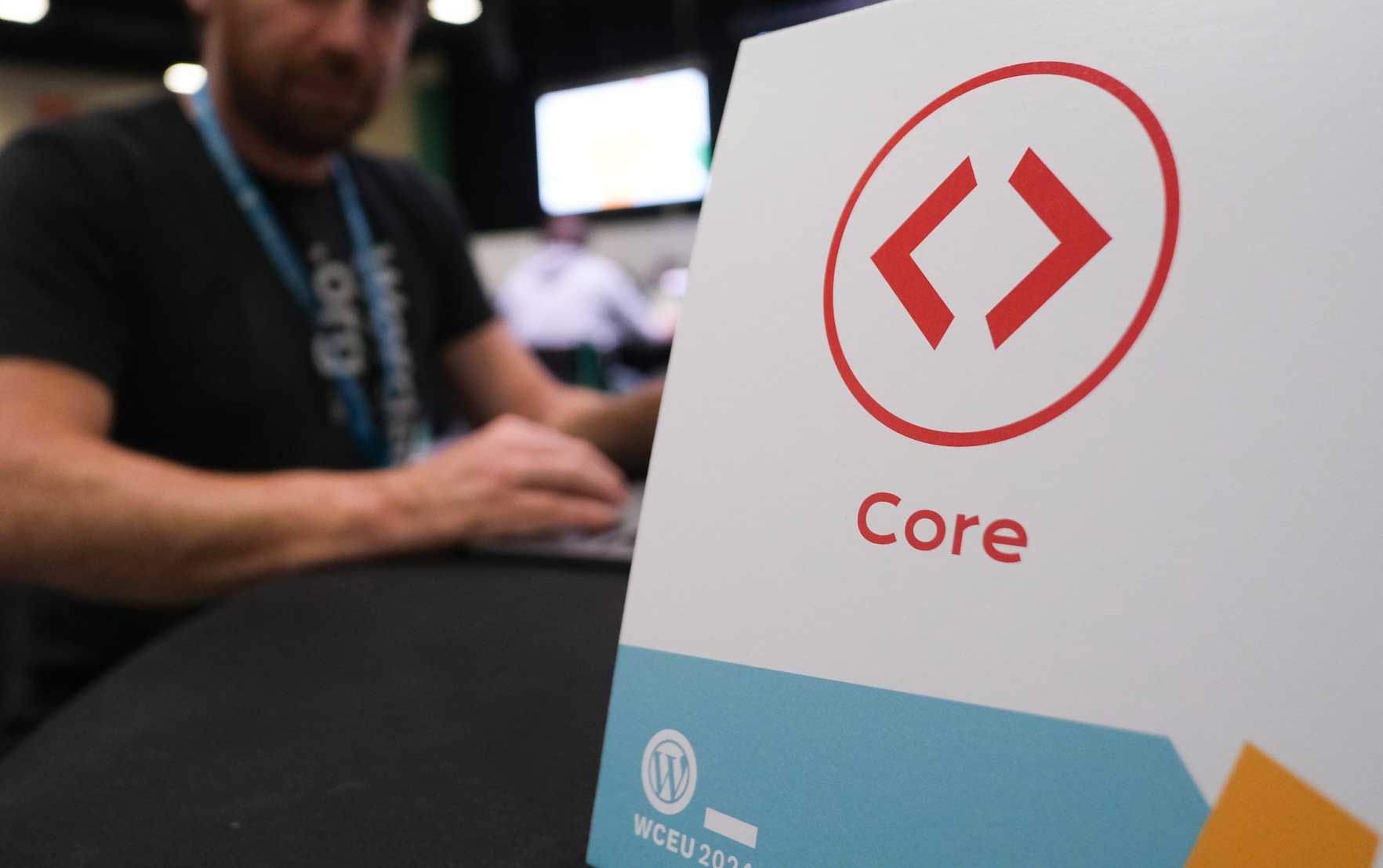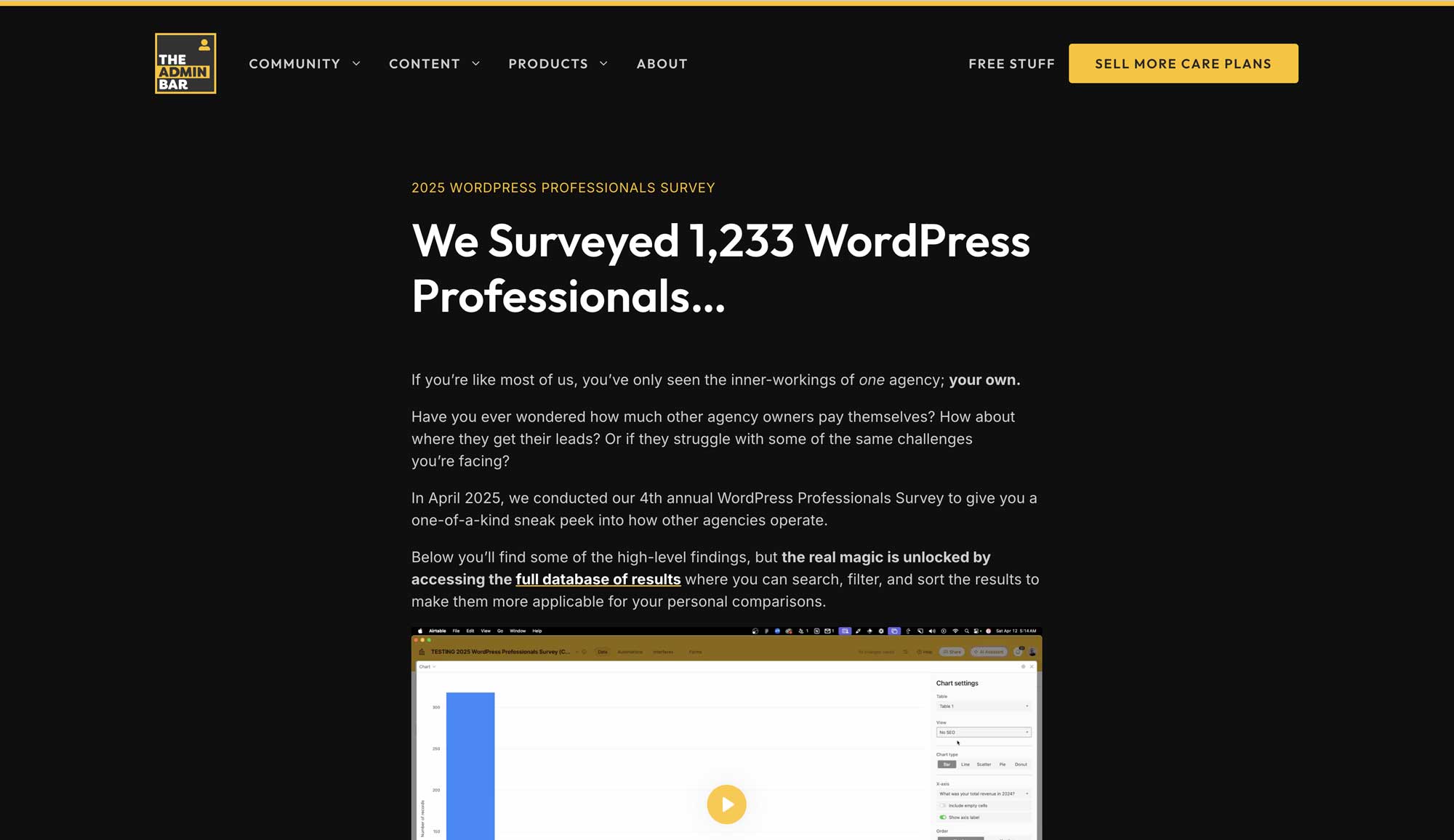WordPress 6.8, due out next Tuesday, will be the only major release of WordPress in 2025. The decision—made by project leadership after a recent meeting with core committers—has been framed as a response to declining corporate contributions. But many core contributors and community members question that rationale, pointing instead to broader concerns about project leadership and direction.
The change follows a March 27 Zoom call where nearly 30 core committers, project leaders, and core team members met to discuss the major release cadence and whether it needed to change from three yearly releases to just one. According to meeting notes published Friday on WordPress.org, those on the call discussed flat ticket activity in both the Gutenberg and Core code repositories over the past six months, and a sharp decline in the number of new features developed within Gutenberg since January.
While the notes—compiled by core committers Aaron Jorbin and Jonathan Desrosiers and published by Executive Director Mary Hubbard—say the meeting was prompted by companies cutting back on the number of hours they contribute to WordPress, Five for the Future pledges complicate that narrative.
Automattic, Mullenweg’s company and historically the project’s largest contributor, has reduced its pledged hours from nearly 4,000 per week last September to just 16 as of today. The drop in Automattic’s involvement began in January—the same time the decline in new Gutenberg features began, as highlighted in the meeting notes.
Newfold Digital also cut its collective pledge last month—from 329 hours across its three brands (Bluehost, Yoast, and YITH) to just 20 hours per week. It’s not clear why Newfold reduced its hours; the company hasn’t commented publicly on the change.
Conversely, rtCamp has significantly increased its Five for the Future pledge from 56 hours per week last October to 450, as of today.
Some people left the March 27 meeting frustrated, telling The Repository that it seemed as though Mullenweg had already made up his mind to slow the release cadence ahead of the discussion. One attendee said, “It’s disappointing and not what I hoped for from that meeting.” Others described feeling worn down—but emphasized their continued dedication to the WordPress project and the values of open source collaboration that underpin it.
Few, if any, in the community appear to agree with project leadership’s framing that there is less corporate support available. Several companies The Repository has contacted in recent weeks emphasized their ongoing support for the project and intentions to increase their Five for the Future pledges. However, one business owner, whose organization increased its pledge last October only to cut it back again recently, said it was because there didn’t seem to be much contribution work available.
As The Repository reported last month, core development has been under strain as committers work to keep projects moving despite stalled block editor projects, a lack of short-term direction, and an increased workload on veteran contributors—mostly due to Automattic’s significant reduction in contributions to the project. Committers pointed to a lack of direction—including the absence of “visionary/product-focused contributors” like Riad Benguella, Matías Ventura, Rich Tabor, and Anne McCarthy—who had been critical to Gutenberg’s development and are no longer contributing since Automattic scaled back its involvement.
Joost de Valk, who publicly called for changes to WordPress leadership in December, echoed those concerns in comments to The Repository.
“Matt has always been one of the biggest bottlenecks of WordPress,” de Valk said. “And with Automattic’s diminished time for the project, that problem has gotten worse. WordPress only slows down because he’s forcing it to slow down, not because there are not contributors willing to work on it.”
“The current lack of leadership in the project leads to standstills. Not enough distributed decision-making power leads to standstills,” he added.
The published meeting notes list the pros and cons of reducing the release cadence. Potential benefits include easing coordination burdens, encouraging larger feature sets per release, and creating space to focus on canonical plugins and infrastructure improvements. But the risks are significant: slower user feedback loops, reduced contributor recognition, and the broader perception of stagnation.
A key area of focus moving forward will be canonical plugins—official, community-maintained plugins that allow new features to ship independently of core. Attendees at the meeting noted the need for better ways to gather feedback beyond active install counts, and for more visibility around these plugins across WordPress.org and at events like State of the Word.
Other suggestions included triaging the 13,000-ticket backlog, clarifying component maintainer responsibilities, and encouraging broader participation from design, testing, and accessibility contributors. The group also discussed keeping Gutenberg’s biweekly cadence and continuing minor core releases as needed, with a more flexible bar for including enhancements—though the long-standing rule against introducing new files in minor releases will remain.
Image credit: Gianni Vascellari.









Leave a Reply